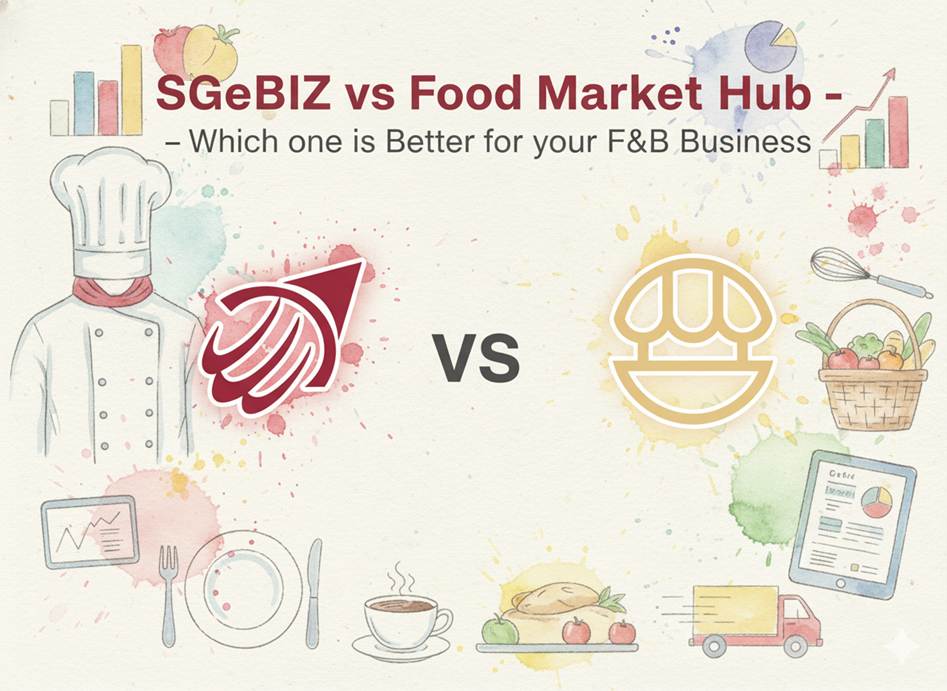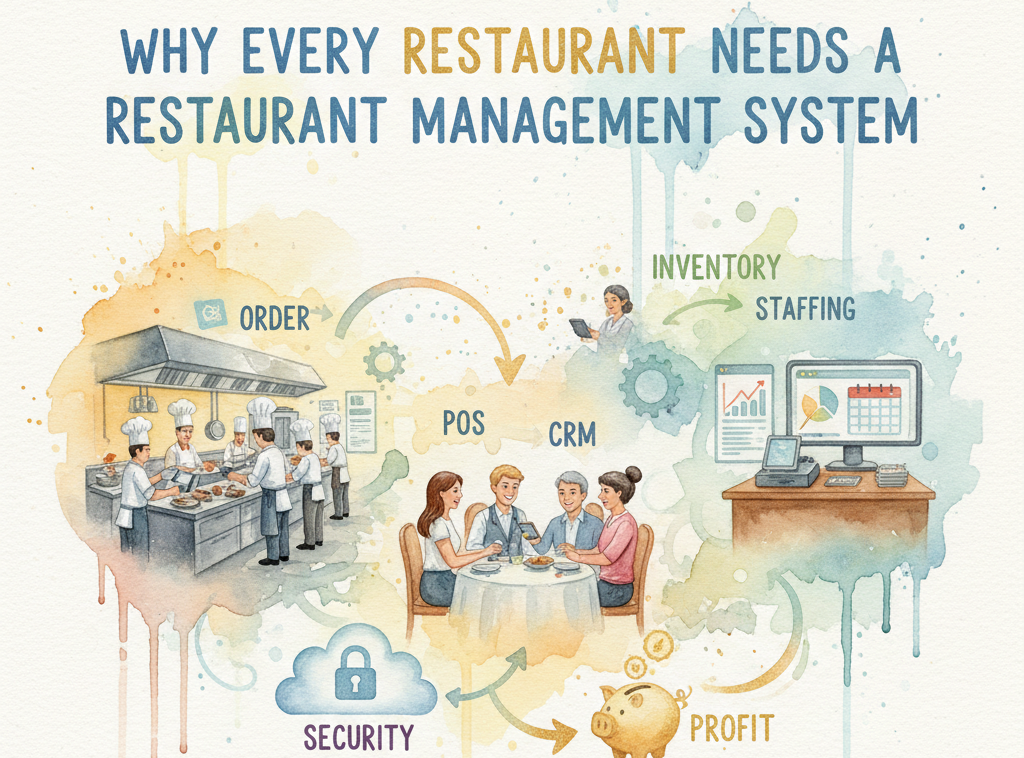Benefits of Owning a Cloud Kitchen

Since COVID-19, off-premise dining’s popularity has surged drastically, which led to cloud kitchens becoming a current trend among restaurateurs. The expected global market of cloud kitchen is valued at $71.4 billion by the year 2027, whereas recent research also suggests that 67% of restaurateurs would prefer a cloud kitchen as their next investment.
A cloud kitchen is a type of commercial kitchen space that provides F&B businesses with the facilities and services needed to prepare menu items solely for delivery and takeouts. Coupled with the rising demand for online food deliveries and takeaways, the cloud kitchen concept has become the ideal business solution for many restaurateurs. Also known as ghost kitchen, or virtual kitchen, cloud kitchens come with many profiting benefits for restaurants. Read on below for more information.
1. Low operational costs

Being one of the largest expenses in running a restaurant, operational costs can be quite difficult to minimise. However, the cloud kitchen model allows restaurateurs to have lower risks and start up costs. With built-in kitchen facilities and no dine-in spaces, restaurateurs can forgo the need of hiring servers and hosts, which decreases the restaurant’s labour costs.
Unlike brick and mortar restaurants, cloud kitchens also allow restaurateurs to bypass real estate costs, and they no longer have to spend large expenses for building constructions, renovations or zoning compliance. Cloud kitchens also optimise the restaurant’s budget as it allows restaurateurs to skip certain expenses such as dinnerware, decorations and branded signage.
2. Competitive menu pricing

As cloud kitchens have the ability to maintain low real estate costs, restaurateurs can then price their menu more efficiently. They can utilise their resources to invest in new menu ingredients quite easily, compared to brick and mortar restaurants. This indicates more flexibility in menu engineering, as restaurateurs can change menu items and product mix quicker than when operating in a physical location.
Additionally, cloud kitchens allow restaurateurs to observe customer data and preferences in real-time, allowing them to update their menu ingredients and being able to set competitive prices effectively.
3. Scalability

Cloud kitchens enable restaurateurs to expand geographically without having to invest in expensive real estate. This kitchen concept can help franchise companies grow easily by simply widening their delivery areas without having to over-burden kitchen staff, as cloud kitchens are usually equipped with innovative equipment. It can also aid restaurateurs in accommodating the demand of their target market by optimising the delivery channel through efficient logistics.
This factor is especially important, considering 78% of Malaysians have a tendency to order food deliveries at least once a week, with up to 98% of them relying on online deliveries since the pandemic started. Hence, in accommodating the overwhelming demand, cloud kitchens can then assist restaurateurs in expanding their demographic.
4. Increasing food quality

Traditional restaurants tend to face a lot of overhead costs, which leads to less effort and budget being allocated to maintaining food quality. However, investing in a cloud kitchen enables restaurateurs to add value to the customers. Not only can they price their menu offerings more competitively, but restaurateurs also now have the freedom to allocate more time in achieving better quality food for their customers.
5. Automation of back-end operations

Most cloud kitchens in Malaysia are equipped with back-end infrastructures that allow restaurateurs to run their F&B businesses smoothly. Such infrastructures include; cloud inventory systems and delivery partners. Typically, restaurateurs also utilise these by integrating their POS systems and inventory management platform in monitoring their revenue in real-time. Ultimately, having a cloud kitchen allows restaurants the ability to explore more advanced equipment that can automate their back-end operations, as more expenses can be directed towards technological improvements.
Is cloud kitchen the right solution for restaurateurs?
In making an informed decision, it is advisable for restaurateurs to know more about what a cloud kitchen entails and how one may start operating one.
Interested in knowing what Food Market Hub can do in streamlining your back-end operations? Visit our official website for more information.










